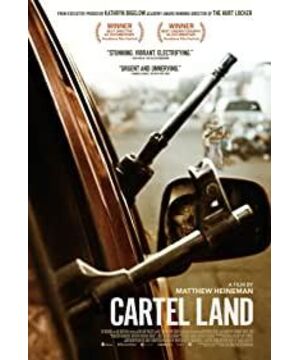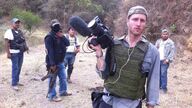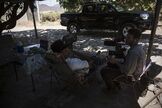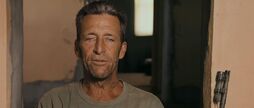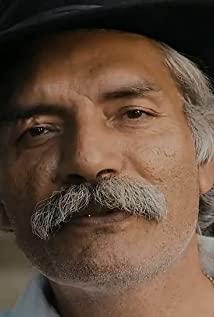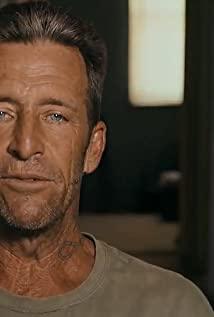The film wins from the selected angle. The main contradiction it presents is not the harm of drugs to people, but the contradiction between the individual and the collective, as well as human nature. What's rare is that the director almost relied on his personal efforts to shoot the film, including scenes of multiple refutations, scenes of going deep into the den of drug dealers, and so on.
Here is the main question. Is it necessary to keep the story of the US line?
Viewers who have watched the documentary know that the film is divided into two lines, one is the story of the Border Patrol at the US border, and the other is the story of Mexico's autodefense. The strange thing is that the components of the two lines are not the same, and it can even be said that the specific gravity is too different. Regardless of the weight of the story or the length of the record, the U.S. line is simply "weak." Some viewers even suggested that it would be better not to avoid the American line, which is simply a drag on the entire film.
First of all, according to relevant information: The director tried not to use the American section, and then showed it to the audience. The audience thought it was better to add it. Some analysts say that this happens because American audiences have a greater sense of identity with the American line, and retain the better-looking feeling of the American line.
Individuals have different opinions.
The border between the United States and Mexico is similar to that of my country's Golden Triangle, but it is flatter and has become a paradise for drug dealers. Coupled with the corruption of the Mexican government and the reduction of border prevention and control by the U.S. government, drug dealers have become more unimpeded. In the film, Mexico's autodefense movement does not actually occur on the border, but originated in cities in southern Mexico, and then spread to the whole country. If you just tell the story of Mexico, it will give people a kind: this is a documentary about how the Mexican people fight against drug traffickers. Then the name Cartel Land does not fit the content of the film. The destination for drug dealers is the United States. This is a problem on both sides, and the motivation for shooting is also the growing drug problem in the United States. Abandoning the U.S. line without authorization is totally different from the original goal, and to a certain extent it also blinded the audiences in the victimized country from understanding the status quo.
Second, the Mexico line and the U.S. line are compared together, which better expresses the two sides of confrontation with reality, struggling on the road to achieve ideals or corruption on the road to achieving ideals. As mentioned at the beginning, the two story lines have different weights. The Mexico line has experienced ups and downs. Except for the simple narration of the uncle and walking around in the mountains, the US line is generally flat. Therefore, the viewing process is a bit unpleasant in comparison, and there may even be suspicion of procrastination. After reading it again, I realized that one was a huge wave and the other was a wave. The wave eventually swallowed him, and the wave slowly spread. At least, there is no peaceful day for drug dealers. If there is only a huge wave, then the whole film will eventually be swallowed by pessimism, at least I think this is not what the director wants.
In addition to responsibilities and ideals, there is also differentiation. They are all disappointed in the country, and they are also taking up guns to defend themselves, but after all, different situations lead to different developments. U.S. border residents and Mexican residents are both victims of drugs, but Mexicans suffer so much that autodefense can quickly sweep Mexico; while U.S. border residents, only a few people can empathize, and most people still believe in the country. , I believe the country can protect them. The different environments and the multi-faceted human nature induced are the essence of this film. Why did he resist, why he persisted, why he was called to safety, and why he fell. These lens stories fully demonstrate the impact of the real environment on people. Without it, the film will be incomplete.
The importance of the U.S. line is to let everyone see that there are people persisting and fighting for it, and at the same time to let the people of the victimized country understand the status quo; the comparison with the Mexico line is a resounding warning. So Cartel Land would not be complete without the US line.
View more about Cartel Land reviews


